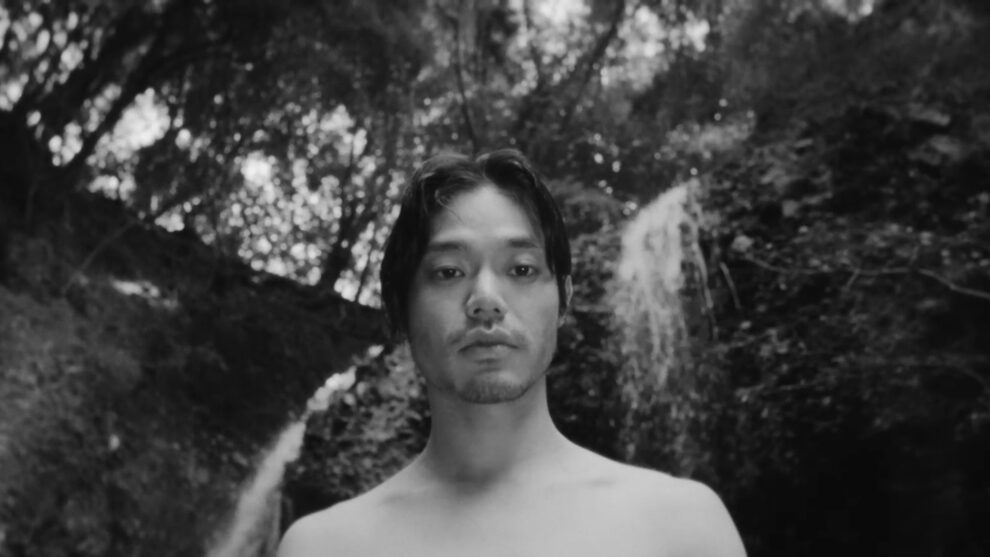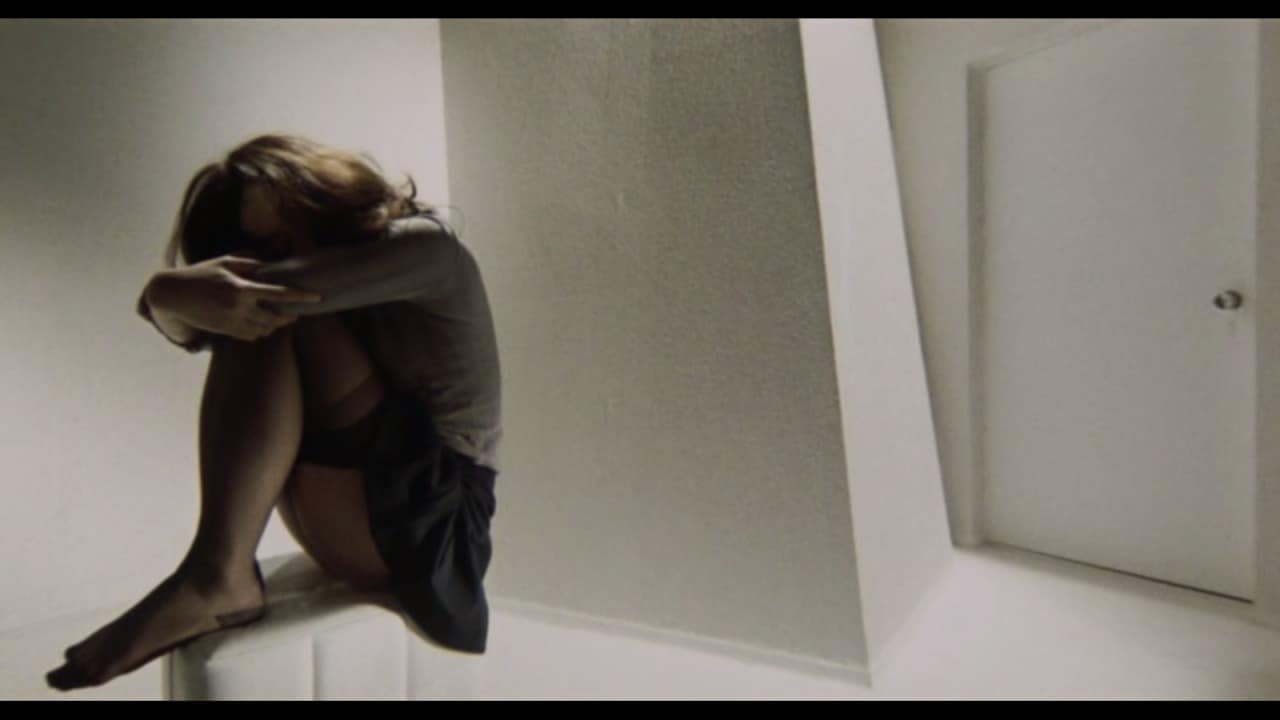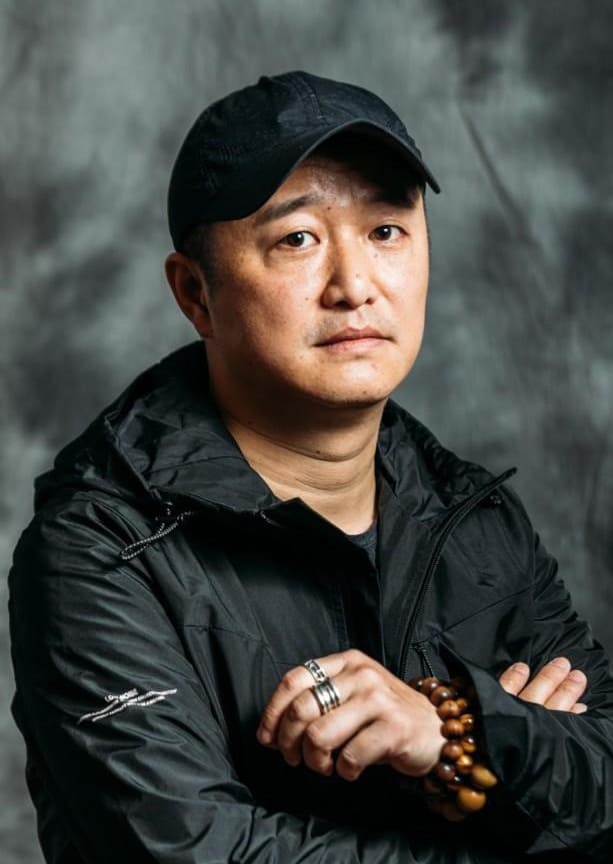Adrien Lacoste is a French director who makes narrative films, documentaries, commercials and music videos. In 2012, he moved to Japan and began his filmmaking career as an editor and colorist for a Japanese TV station. He then made his way into directing through various experimental projects. In 2017, he wrote and directed his short film “The Future Looked Bright”, which was selected to Short Shorts Film Festival and Asia. Currently, he holds the position of Director/Producer at a Tokyo-based video production company. “Utakata” is his feature debut and implements an approach that is at least as French as it is Japanese.
Utakata is screening at Skip City International D-Cinema Festival

Seijiro is the youngest male son in a family that is running a big architect's company. He returns home from Mexico for his grandfather's 80th birthday. While his relatives gather, the tension in the household is palpable, particularly since it is soon revealed to Seijiro that his grandfather has terminal cancer, and the patriarch is about to announce who will take his place at the top. Furthermore, some tension between his father and his siblings also seems to be there, while a cousin of his is curious about his time in Mexico to the point of bullying. Meanwhile, Seijiro reminisces about his time with Lana, a Russian photographer he met by chance, and the illegal tour the two took in some ruins in a remote location.
Adrien Lacoste directs a film that evidently unfolds in two axes, with the scenes in the house unfolding in a family drama style, and the ones with Lana, as a short of a road movie into a setting that can easily be described as dystopian. The way the two give their stead to each other, and the way the second gradually allows for more revelations regarding the first, is probably the best aspect of the direction, with the excellent editing also helping the most in that regard. It is also a testament to the writing, with the ‘peeling onion” approach working excellently throughout the movie, both for the sense of mystery and the tension it emits, with the latter actually growing more intense as time passes, in the most entertaining fashion.
Check also this interview
Furthermore, the comments presented are also quite interesting. The way rich families function in Japan, with the younger generations essentially not being able to make the simplest choice in their lives, both professionally and socially, is highlighted quite eloquently here. The dog-eat-dog situation the heirs always find themselves in, which essentially deems their relationships one of competition is also presented, with the same applying to the patriarchal notions, that still consider women as “lower-born”, with the fact that they have to bare children making them ineligible for his positions in big corporations, at least in the minds of people such as the grandfather. Through all the aforementioned, the quite prevalent accusation towards the previous generation is once more presented in a Japanese family drama, in an element, though, that always seems to be entertaining to watch.
On the other hand, in cinematic terms, the movie is as French (European if you prefer) as it can be, with the second axis in particular moving intensely towards that particular direction, also in narrative terms. Starting with the crisp black-and-white cinematography of Toshihiko Kizu, which also features frequent close ups, continuing with the young man who wants to be an artist but his parents do not let him, and ending with the smoking, the drugs the Europeans bring, the surrealistic-dreamy moments and the resistance to the police (authority if you prefer), all point intently towards the particular cinema. This is not exactly a negative, since the scenes are rather well-shot and occasionally well embedded in the whole narrative, but they are definitely cliched.
Haya Nakazaki is great as Seijiro, in one of those rare performances from a Japanese actor when his acting does not deteriorate at all when he speaks English (he spent his childhood in Hawaii). Furthermore, the difference between the scenes on the road and the ones in the house is another testament to his prowess, as is the eloquent presentation of an underlying tension beneath the facade of calmness and kindness he exhibits, particularly in the first axis. Alisa Wild is also convincing as Lana, in a role, though, that I feel would benefit more if the act took a romantic path. Masane Tsukuyama in the role of the grandfather frequently steals the show with a measured performance that also manages to emit authority and a bit of danger from every word and every gesture.
Despite being a bit too long at 125 minutes and self-indulgent on occasion, “Utakata” emerges as a rather rewarding movie particularly for the story of the first part and the way it is combined with the second, as much as its acting.















